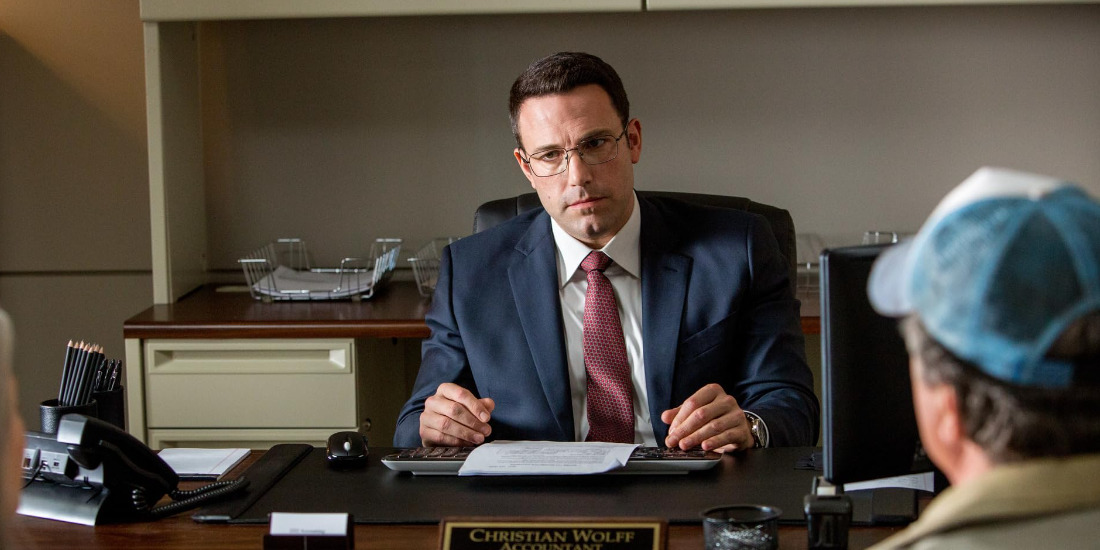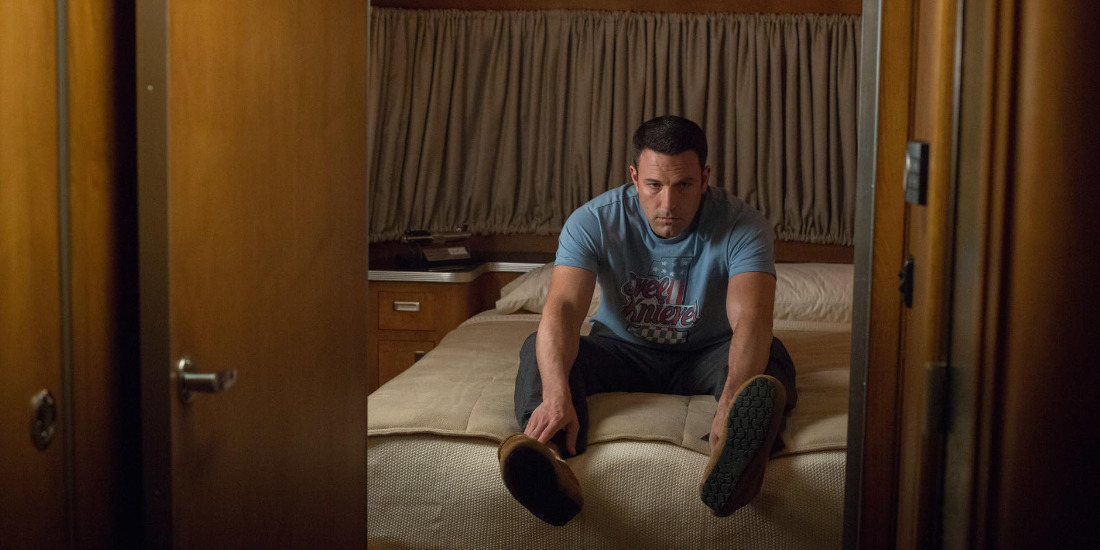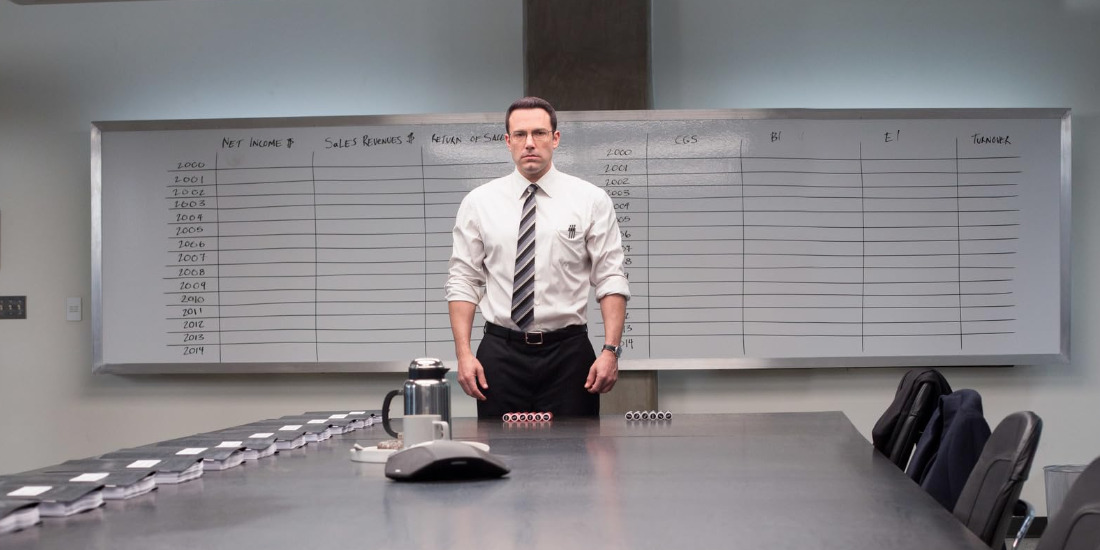‘The Accountant’ follows the action-filled story of Christian Wolff, the titular character with a penchant for numbers and bookkeeping. However, instead of implementing his skills in a regular accounting firm, Chris finds work with some of the most dangerous criminal organizations that pay more than handsomely for his skills. Consequently, the man also has a special skill in combat fighting and sharpshooting that ensures his personal safety in times of distress.
Throughout the film, the audience gets a glimpse at Chris’ routine life, where he often trains his abilities to prevent them from dulling. Yet, one specific aspect of his training— massaging his shins with a rolling pin— may have caught the viewers’ curiosity, compelling them to contemplate the reason behind the same. SPOILERS AHEAD!
Martial Arts and Shin Conditioning
The reasoning behind Chris’ pin-rolling routine as a training method remains two-fold. The first, more obvious explanation comes from the man’s formal martial arts training during childhood. Chris’ father was a military man who believed in shaping his kids to bear the brunt of the attacks he believed the world was bound to send their way.

Chris’ father’s philosophy became more extreme after discovering his son’s high-functioning autism that made him vulnerable to sensory attacks from the world around him. Therefore, he decided to train his boys, Chris and Brax, to the best of his abilities and hired specialists to educate the young kids in martial arts. Although the training was brutal— with bloodied noses being an expectation rather than a possibility— it honed Chris’ body and mind from a young age.
Consequently, as an adult, Chris retains his childhood training, especially since those skills end up becoming useful in his everyday life. For the same reason, Chris’ training routine includes rolling his shins with a wooden rolling pin to strengthen the muscles and reduce their sensitivity. By doing so, one can train themselves to throw impactful kicks without sustaining pain. The same is a common practice among fighting styles, such as kickboxing and Muay Thai. Although some people contest the practice’s perceived benefits, the wider belief persists that rolling one’s shin can deaden nerves and increase the kick’s impact.
Reportedly, the same was employed as a reference when developing the habit for Chris’ character. In an interview, Director Gavin O’Connor confirmed the same and said, “In Thai martial arts, they might roll bottles or sticks on their shins because you develop scar tissue.” He further added, “It [Chris’ exercise] comes out of martial arts, and that’s something that’s another part of who Chris is and what he does. He drills himself. He just conditions himself, blasting music and taking in things that are sensorily overloading. For fighting, that’s what you do.”
Sensory Overload and Self-Discipline
The other facet of Chris’ pin-rolling exercise emerges from his high-functioning autism diagnosis. Due to Chris’ autism, his senses are more sensitive and prone to overload. Which is to say, too much of any sensation— touch, smell, taste, noise, sight— can overwhelm Chris and lead to breakdowns. As a child, this trait manifested aggressively, leading to physical reactions from Chris.

Neurodivergent professionals could have helped Chris work through this trait through a clinically safe method. Nevertheless, his father and his tough-love philosophy pushed him to train Chris to submit to such sensory overloads. He believed overexposure to harmful environments was the best way for Chris to overcome his natural disposition against them.
As a result, Chris’ father probably introduced shin conditioning into his son’s routine to “train” him out of his indisposition toward grating physical sensations. For the same reason, the only time Chris engages in shin conditioning, he also exposes himself to loud rock music and flashing lights to trigger his system into a complete sensory overload.
While the practice evidently comes across as harmful and a form of self-flagellation, considering Chris’s compulsion to hurt himself through it during darker patches, the man still holds on to it as a habit from his childhood. Inversely, after allowing himself to grow on his own away from his father, Chris has also learned to care for himself and his specific needs in pieces. The same is conveyed through his getaway trailer— a stark contrast to his nighttime conditioning routine— where he allows himself the luxury of soft bedding, warm lights, and a soothing environment.


You must be logged in to post a comment.